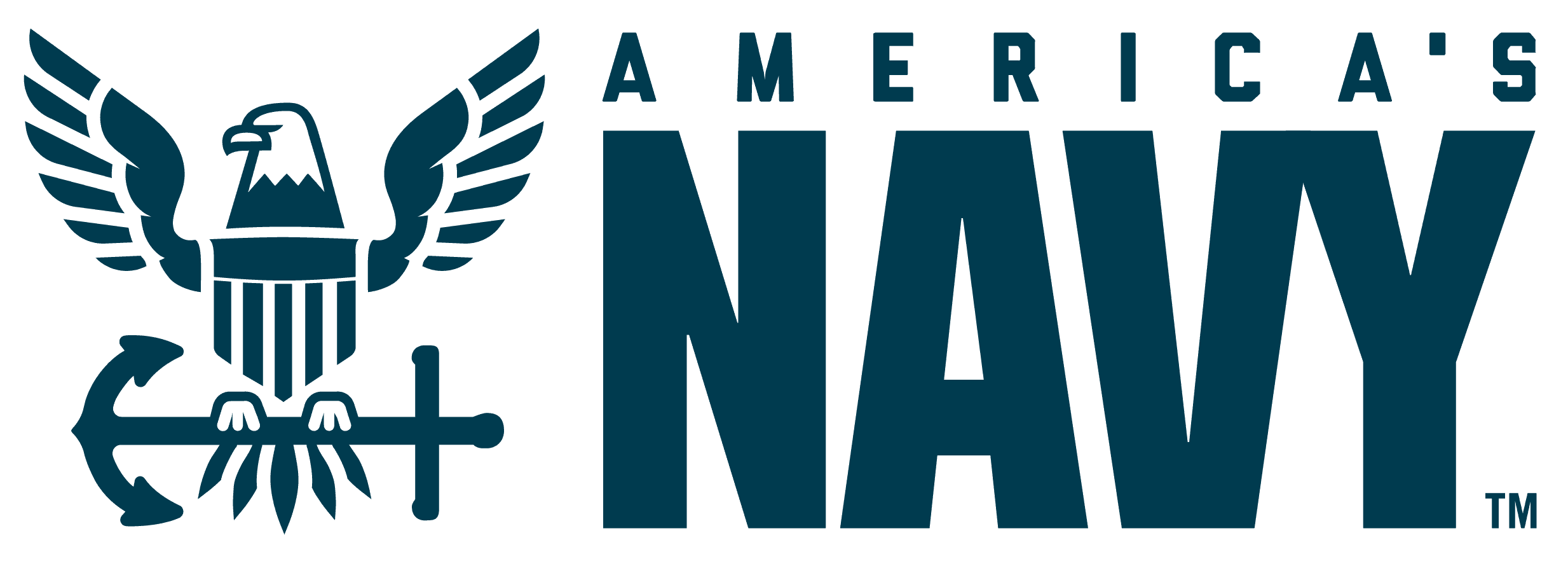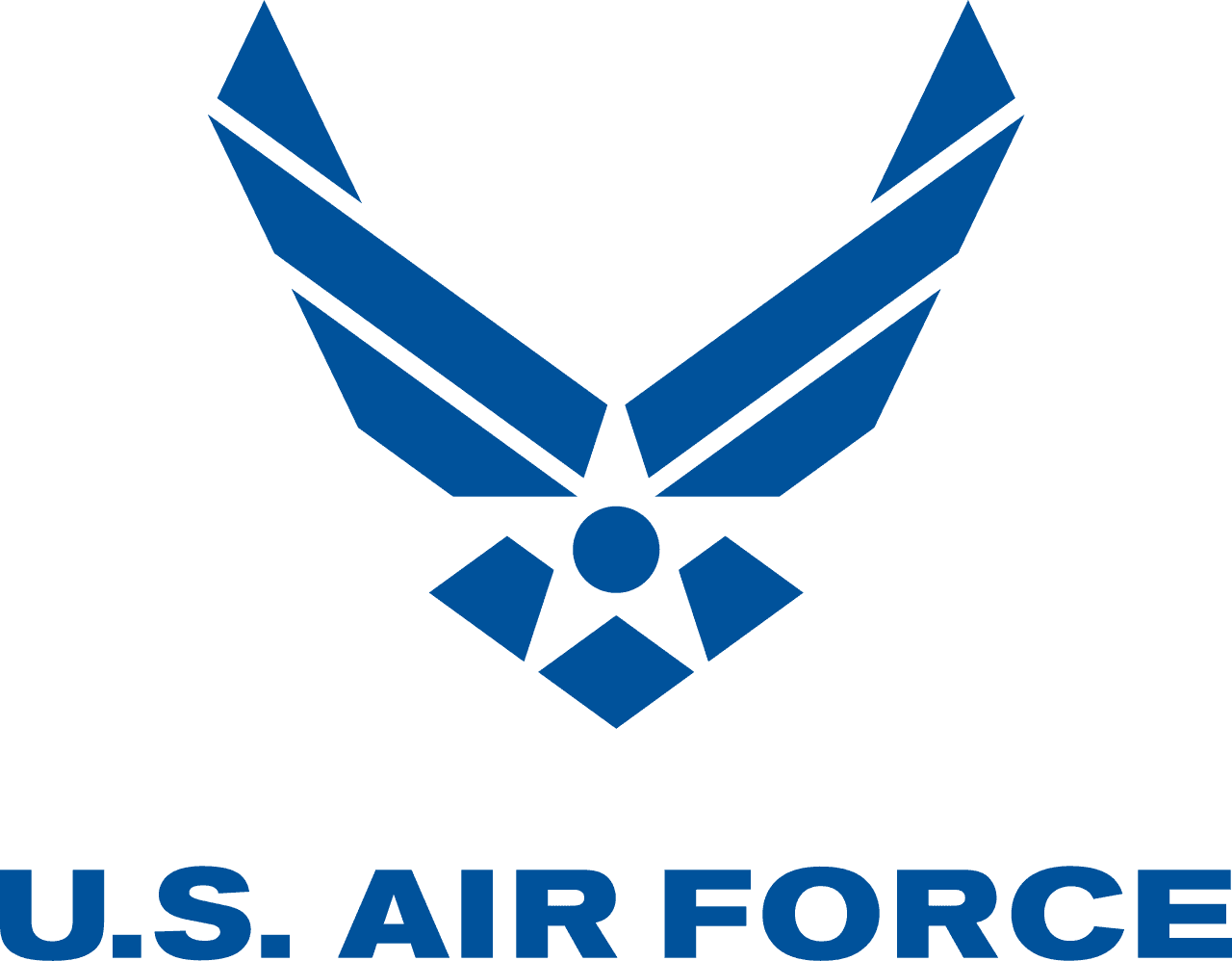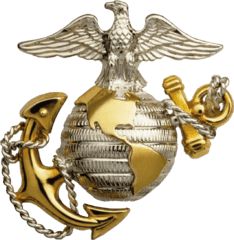Military Meteorological Specialists
Overview
What are the responsibilities of this role?
Meteorological specialists predict the weather and study the causes of particular weather conditions using information obtained from the land, sea, and upper atmosphere. They use the latest forecast technology to predict severe weather-- tornadoes, floods, hurricanes, strong winds, and excessive heat and cold.
What is the work environment like?
Meteorological specialists usually work in offices either on land or aboard ships. They work outdoors when making visual weather observations and launching weather balloons.
How many people have this role in the Military?
4,515
Compensation
Understanding How Military Pay is More Than Just a Salary
Base pay is the standard income you’ll earn as a service member, providing a stable foundation to start achieving your financial goals.
- Always fixed based on rank and service time.
- Distributed monthly.
What is the typical salary range?
$58,799
$81,906
$105,596
Military Details
What Service Branches offer this role?
Is this a staff or leadership role?
What does the training for this role entail?
All enlisted service members complete basic military training, which includes time spent in a classroom and in the field, and covers tactical and survival skills, physical training, military life and customs, and weapons training. Meteorological specialists in the Military will gain skills through classroom study and on-the-job experience. Job-specific training may include:
- Basic meteorology (study of weather) and oceanography (study of the ocean)
- Methods for plotting weather data
- Analysis of radar and satellite weather information
- Preparation of weather reports
Education
What level of education do professionals in this role have?
Which college majors best prepare you for this role?
- Atmospheric Sciences and Meteorology, General
- Meteorology
- Climate Science
- Atmospheric Sciences and Meteorology, Other
- Atmospheric Chemistry and Climatology
- Atmospheric Physics and Dynamics
Learn About How Military Can Pay for 100% of your College Degree
Skills and Interests
What knowledge is essential to bring to the table?
- Mathematics
- Geography
- Computers and Electronics
- Physics
- English Language
What personality traits help people thrive in this role?
You love figuring out how things work and researching subjects that interest you.
You love hands-on work and solving practical problems — like fixing things and building stuff.
You like structure, staying organized, and working with systems to get things done efficiently.
RIASEC represents six broad interest areas—Realistic, Investigative, Artistic, Social, Enterprising and Conventional—helping individuals identify careers that match their skills and preferences.
Take the RIASEC TestData supplied by Bureau of Labor Statistics, National Center of Education Statistics, Defense Manpower Data Center (View our update schedule). Contact any business, college or military service branch to answer additional questions.



